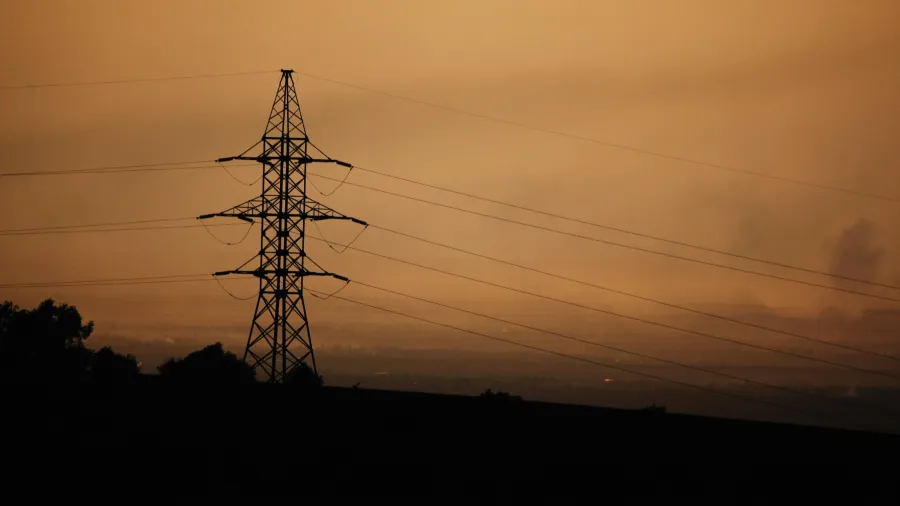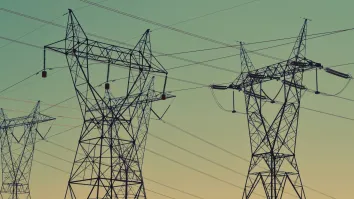
Global BESS capacity set to grow 24% annually until 2030
The technology will ensure reliable grid networks amidst growing power demand.
The global battery energy storage systems capacity (BESS) is expected to expand at a compound annual growth rate of 24% until 2030 to reach a cumulative capacity of 1,848 gigawatt-hours (GWh) as it is seen to play a crucial role in addressing the network gridlock challenge.
In a report, EY said several markets have reached “acute proportions” of network gridlock due to years of underinvestment, depriving developers of a timely route to market.
BESS can help solve this problem as its deployment at grid scale can decouple consumption from generation, reduce unnecessary energy exchange with the transmission grid, and provide grid-serving operations.
This will support the reliability and resiliency of the grid to accommodate the rapid increase in energy demand.
“Scaling up battery energy storage systems can help solve multiple problems holding up clean energy progress, including stabilizing and strengthening network infrastructure and enabling more distributed energy resources to connect to the grid,” Arnaud de Giovanni, EY Global Renewables Leader, said.
“Focusing on four factors can help investors navigate this complex, highly regionalized and fast-changing market. These include building a resilient investment case; taking steps to maintain technology competitiveness; establishing the optimal business model or financing structure; and mitigating supply chain risks," he added.
Some markets are implementing policies to support BESS development. The US for example, provides a 30% tax credit for such projects under the Inflation Reduction Act.
China, meanwhile, aims to cut BESS costs by 30% by 2025 on the back of strong government support.


















 Advertise
Advertise





